Yes, some dill pickles are fermented food, but not all. Traditional "brined" dill pickles undergo natural fermentation, while many store-bought versions are simply soaked in vinegar and are not fermented. Let's explore the details.
Fermentation 101: What Exactly Is It?
Fermentation is one of the oldest culinary techniques around. It's nature's way of preserving food—and it often comes with a bonus side of probiotics. In simple terms, fermentation involves microorganisms like bacteria, yeast, or molds converting sugars and starches into acids, gases, or alcohol. This process not only extends the shelf life of food but can also boost its nutritional value.
Common fermented foods include:
- Kombucha
- Sauerkraut
- Kimchi
- Yogurt
- Naturally fermented pickles (like some dill pickles)
The key word here is "naturally" fermented. Not all pickles are created equal—some are simply soaked in vinegar, which gives them that tang without the live cultures. Let's take a closer look at what makes a dill pickle actually fermented.
| Type of Pickle | Brine Ingredients | Fermentation Time | Live Cultures Present? | Probiotic Benefits |
|---|---|---|---|---|
| Naturally Fermented Dill | Saltwater brine, dill, garlic | 1–4 weeks | ✅ Yes | High |
| Vinegar-Based Dill | Vinegar, water, salt, sugar | Hours to days | ❌ No | Low |
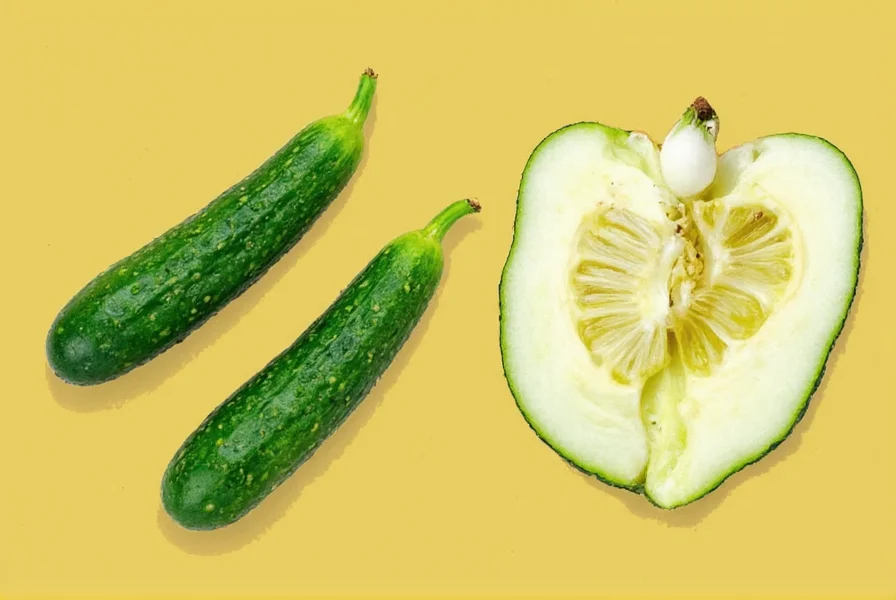
In naturally fermented dill pickles, the magic happens when lactic acid bacteria feed on the cucumber's natural sugars, producing lactic acid as a byproduct. This acid acts as a preservative and gives the pickles their signature sour kick. Vinegar-based pickles skip this microbial transformation entirely—they rely on acetic acid from vinegar for preservation.
Pros and Cons of Fermented vs. Non-Fermented Pickles
Let's weigh the pros and cons so you can make an informed choice between fermented and non-fermented dill pickles.
| Feature | Fermented Dill Pickles | Non-Fermented Dill Pickles |
|---|---|---|
| Gut Health Benefits | High – contains live probiotics | Low – lacks live cultures |
| Taste Complexity | Richer, deeper sour notes | Clean, bright, more uniform flavor |
| Shelf Life | Longer when refrigerated | Very long due to pasteurization |
| Preparation Time | Days to weeks required | Ready in hours |
| Storage Needs | Refrigeration recommended | Room temperature OK |
Bottom Line
- Choose fermented dill pickles for probiotic benefits and complex flavor.
- Opt for vinegar-based dills for convenience, consistency, and longer shelf life.
Buying Guide: How to Choose Real Fermented Dill Pickles
If you're hunting for authentic fermented dill pickles at the grocery store, here's your cheat sheet:
What to Look For
- Label Terms: "Lacto-fermented," "unpasteurized," "raw," or "contains live cultures."
- Ingredients List: Should be short and simple—cucumbers, water, salt, dill, maybe garlic.
- Storage: Typically found in the refrigerated section. Shelf-stable jars are usually not fermented.
- Packaging: Clear glass jars where you can see floating spices and bubbles (signs of active fermentation).
Top Brands of Fermented Dill Pickles
| Brand | Features | Best For | Available At |
|---|---|---|---|
| Bubbies | Lacto-fermented, no preservatives | Probiotic lovers | Health food stores, Whole Foods |
| Grillo's | Artisanal, small-batch, lightly salted | Cocktail garnishes, gourmet snacks | Specialty markets, online |
| Mother-in-Law's | Handmade, organic ingredients | Foodies who love bold flavors | Local grocers, farmers' markets |
| Fermented Pickle Co. | Classic New York-style dill, raw | Traditionalists, sandwich lovers | Online retailers |
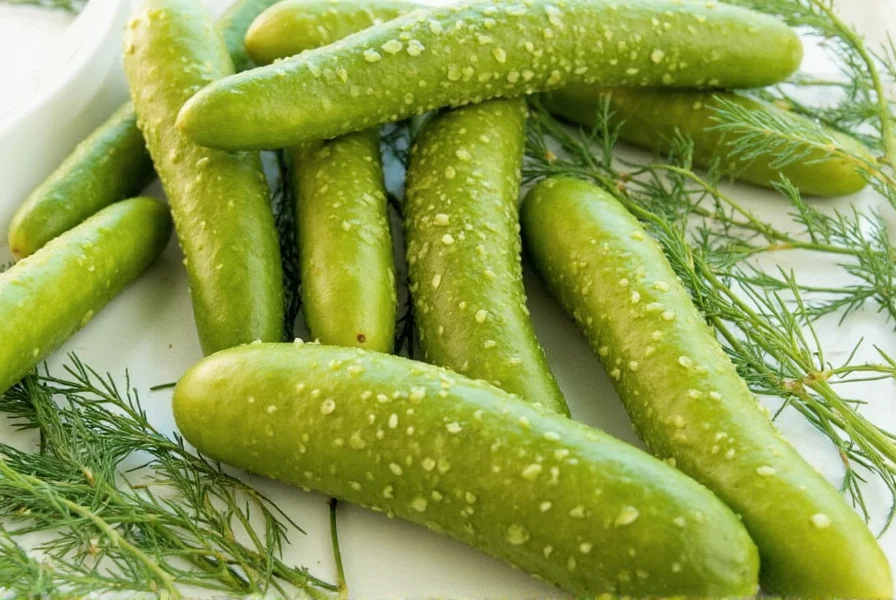
Use Cases
- Gut Health Boosters: Bubbies or Mother-in-Law's pickles
- Cocktail Hour Staples: Grillo's classic dills
- Comfort Food Enhancer: Fermented Pickle Co. for Reubens and burgers
Homemade Dill Pickle Tips for the Kitchen Alchemist
Want to ferment your own dill pickles at home? It's easier than you think! Here's a quick guide to crafting your very own probiotic-rich dills:
What You'll Need
- Fresh cucumbers (Kirby preferred)
- Coarse sea salt
- Filtered water
- Fresh dill (or dill seeds)
- Glass mason jars with lids
- Optional: Garlic cloves, peppercorns, mustard seeds
Simple Fermented Dill Pickle Recipe
- Wash cucumbers and trim ends (helps prevent softness).
- Pack cucumbers, dill, garlic, and spices into clean jars.
- Mix 1 quart filtered water + 1–2 tablespoons coarse salt (no iodized salt).
- Pour brine over cucumbers, ensuring they're fully submerged.
- Cover with lid or airlock fermentation lid and let sit at room temp for 3–7 days.
- Once desired tanginess is reached, move to fridge for storage.
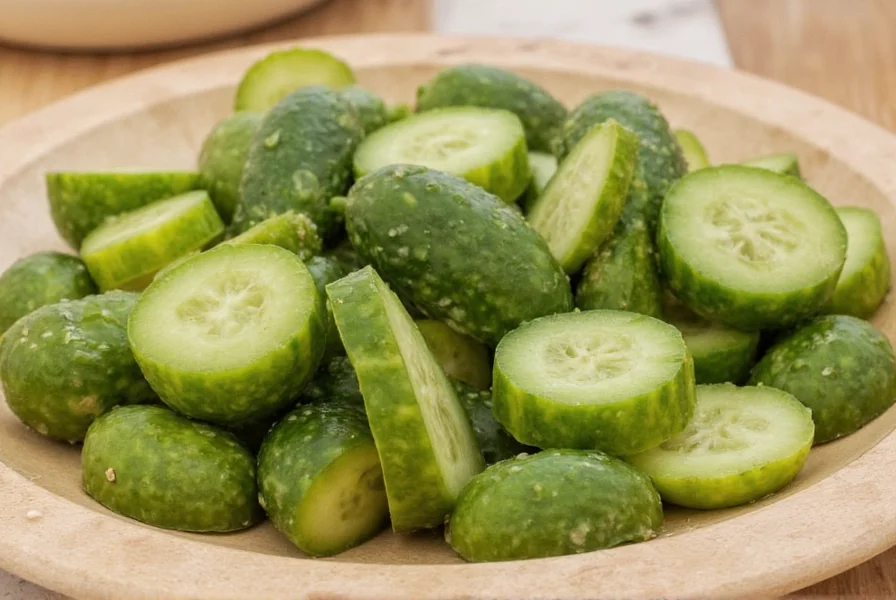
Expert Tips
- Use weights: To keep cucumbers under the brine and avoid mold.
- Monitor daily: Taste test and check for off smells.
- Temperature matters: Cooler temps = slower fermentation; warmer = faster but riskier.
Frequently Asked Questions About Fermented Dill Pickles
Are all dill pickles fermented?
No, not all dill pickles are fermented. Traditional "fresh pack" or "vinegar" dill pickles are simply soaked in a vinegar solution and are not fermented. True fermented dill pickles (often called "brined" or "lacto-fermented" pickles) undergo a natural fermentation process where bacteria convert cucumber sugars into lactic acid.
How can I tell if my dill pickles are fermented?
Look for these indicators on the label: "lacto-fermented," "unpasteurized," "contains live cultures," or "raw." Fermented pickles are typically found in the refrigerated section (not shelf-stable), have a shorter ingredient list (just cucumbers, water, salt, dill), and may show small bubbles in the brine. The taste is more complex and develops over time.
Do fermented dill pickles have probiotics?
Yes, naturally fermented dill pickles contain live probiotic bacteria if they haven't been pasteurized. The lactic acid bacteria involved in the fermentation process are beneficial for gut health. However, most commercially available pickles are pasteurized (heat-treated), which kills these beneficial bacteria.
Are store-bought dill pickles usually fermented?
Most shelf-stable dill pickles found in regular grocery store aisles are NOT fermented—they're vinegar-based. However, many health food stores and increasingly mainstream supermarkets now carry refrigerated, naturally fermented dill pickles from brands like Bubbies, Grillo's, and others. Always check the label for fermentation indicators.
How long do fermented dill pickles last in the refrigerator?
Properly stored fermented dill pickles can last 1-2 years in the refrigerator. The lactic acid created during fermentation acts as a natural preservative. However, flavor continues to develop and intensify over time. Always keep them submerged in their brine and check for any signs of spoilage before consuming.
Conclusion: Fermented Flavor in Every Bite
So, are dill pickles fermented food? The answer is a conditional yes. Naturally fermented dill pickles are indeed fermented and come packed with probiotic benefits, complex flavors, and a rich cultural history. Meanwhile, vinegar-based dills may satisfy your craving for a tangy crunch—but they don't offer the same microbial perks.
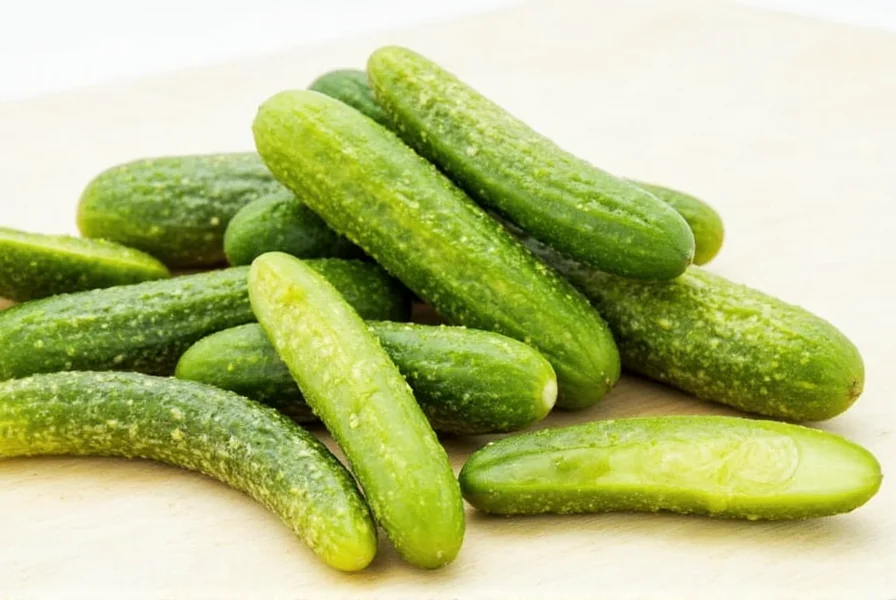
No matter which type you prefer, one thing's for sure: dill pickles are more than just a sidekick to your sandwich—they're a taste of tradition, science, and spice all rolled into one crunchy package.

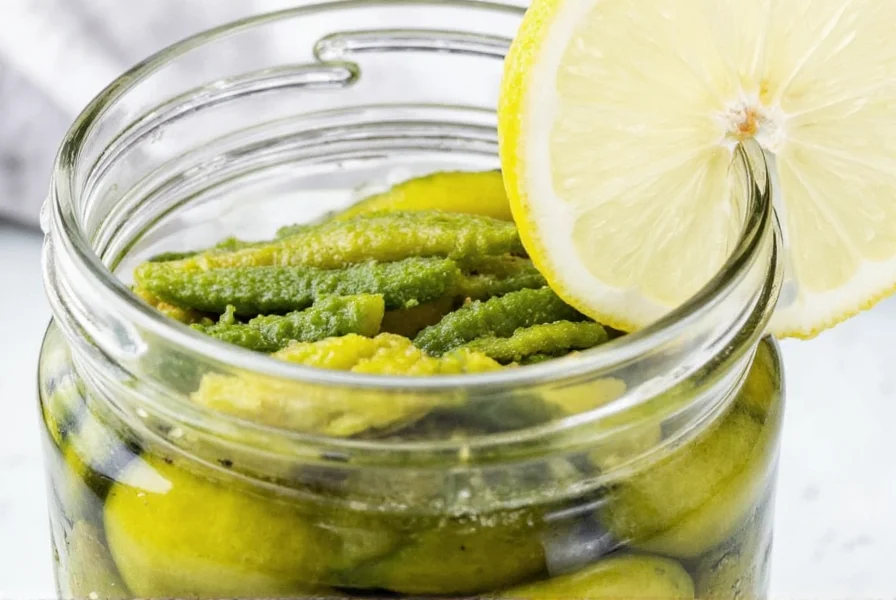









 浙公网安备
33010002000092号
浙公网安备
33010002000092号 浙B2-20120091-4
浙B2-20120091-4